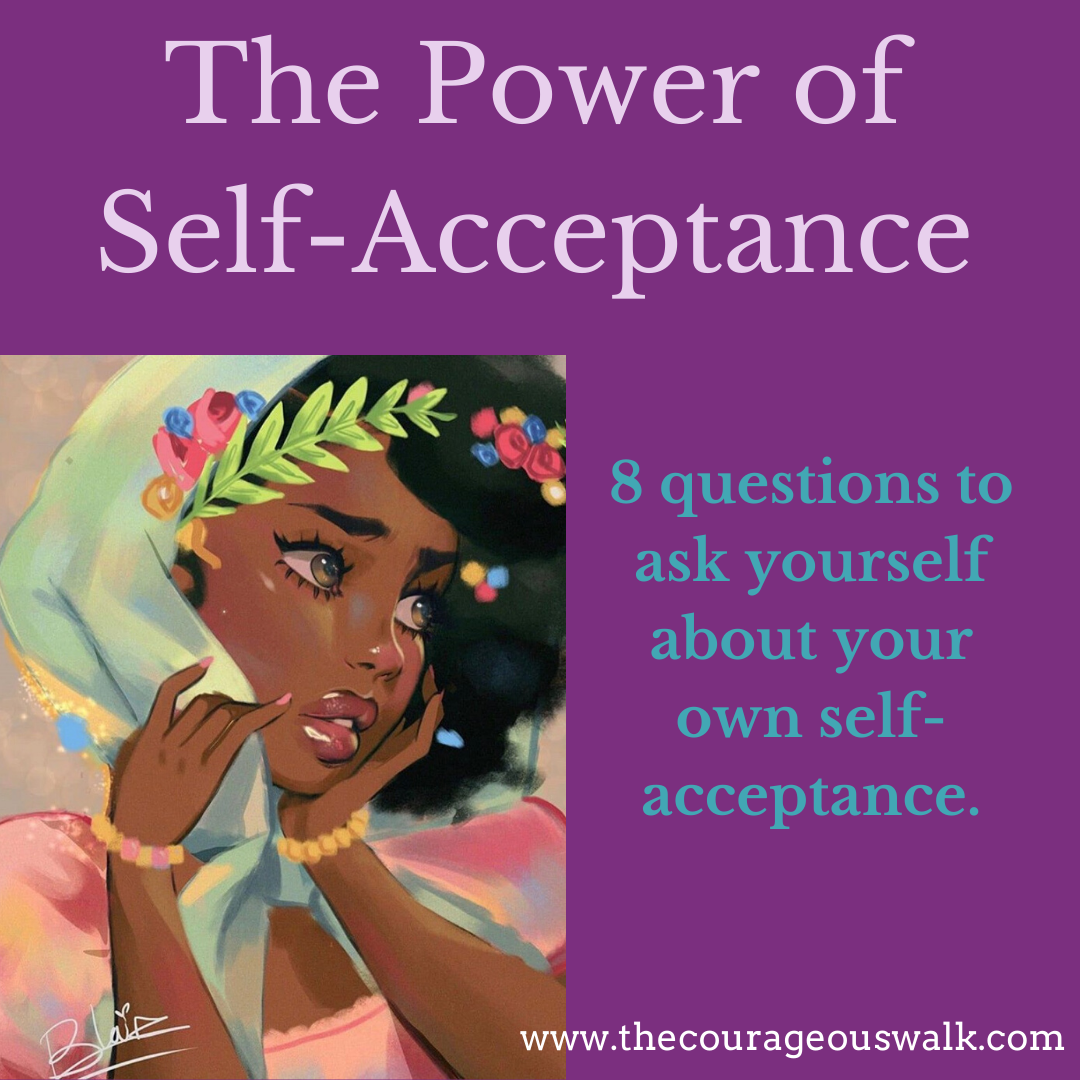The Power of Self-Acceptance
When I think about self-acceptance, I think of an ideal state of being that allows an individual to live in a state of authenticity. For me, that means embracing all aspects of my identity, including those that may not fit into the perfect image of womanhood. On a daily basis, I am bombarded by images of a superwoman. She can perfectly balance physical fitness, motherhood, romantic relationships, anti-aging, and the demands of her successful career. Very often, when a woman shows any flaws, whether it be physical or emotional, outsiders are quick to give their opinions on how she should have lived her life and what choices were appropriate for her. The crazy bit is that there is no standard for this ideal woman. The rules change based on age, wealth, relationship status, ethnicity, and parental status.
How does a woman go about accepting herself, when there doesn’t seem to be a playbook for her?
For me, this was a difficult journey that continues to date. Before I could begin accepting myself, I needed to decipher between my voice and that of other people of influence. From childhood, we internalize the words and reactions of our parents, teachers, and friends. As we grow up, the messages that are reinforced take root and the most hurtful linger in the background seeking confirmation from anyone willing to give it. Later in adulthood, we cling to anyone who reinforces those very messages. Consequently, we choose toxic relationships, live below our potential, and follow the path that was recklessly spoken over our lives. Self-acceptance means opening the pandora box of our life to prune the areas that imprison us in mediocrity and nurture those that would lead to a purpose-driven life.
Over the years, as I dug deep searching for my true self, I unearthed so many messages that were said to me that became my truth. A former friend of mine said that I was loud and that I needed to tone down my personality so that I could get through life. I remember wrestling with that pronouncement for months. I reached out to a few friends and my aunt to inquire whether they agreed that I had that personality trait. After a while, it didn’t matter what they thought because I had trusted this friend so much that I felt I needed to accept her feedback. I remember during interviews and networking events, my self-talk would be about talking less and toning down how I would naturally be. To God be the glory, because those moments would last for only a moment until the person laughed. Then the inner Jonelle would burst forth in all her animatedness and bubbliness. What I started to notice was that the very people I was trying to impress by being someone I was not, were suddenly more engaged in our conversation when I was fully authentic.
During my clinical training, we spent much time speaking about the self of a therapist. Who am I in relation to a client? How am I showing up in the room? I remember that journey leading me to a decision—I will be recognizable wherever I show up. Whether I am with a client, my friends, teaching a course, or in the boardroom, people should not be confused by who is standing before them. With age and experience, I have learned to listen more and talk less. That shows up as quiet and serious for many people as they get to know me. They quickly learn that I am also the person who will say the darnedest things. The closer the relationship, the more talkative and high energy I can be.
I have also found that when I am authentic, others are more likely to be authentic and often vulnerable to me. I believe that authenticity begets authenticity.
It is important to note that being authentic is not always taken positively by others. If you have ever been fake or lacking in self-awareness, then it is likely that those around you have grown used to your behavior. Any attempts to change for the better can lead to their resistance to such changes. In fact, you are likely to experience an increase in negative responses in order to discourage any change and force you back into your old patterns of behavior. Expect that you will lose relationships with friends and family, as you work on your self-acceptance. You will be examining and rejecting many negative messages that have come your way and become rooted in your belief system. It is equally important to examine those positive messages with the same scrutiny as the negative ones. You need to understand why you believe what you believe. That is impossible without shining light on it.
When you choose the path to self-acceptance you are choosing inner peace. It is much easier to have a voice of your own when you are secure in who you are, flaws and all.
Here are 8 questions to ask yourself to get you started on your self-acceptance journey:
1. Who am I?
2. How do others see me?
3. How do I want to be seen by others?
4. What are my strengths?
5. What are some of my strengths that have been identified by others?
6. What areas have I grown the most this year and in the last 5 years?
7. What are my areas of growth (weaknesses) that keep me from being the best version of myself?
8. What is one area of growth that I can focus on for the remainder of the year?






